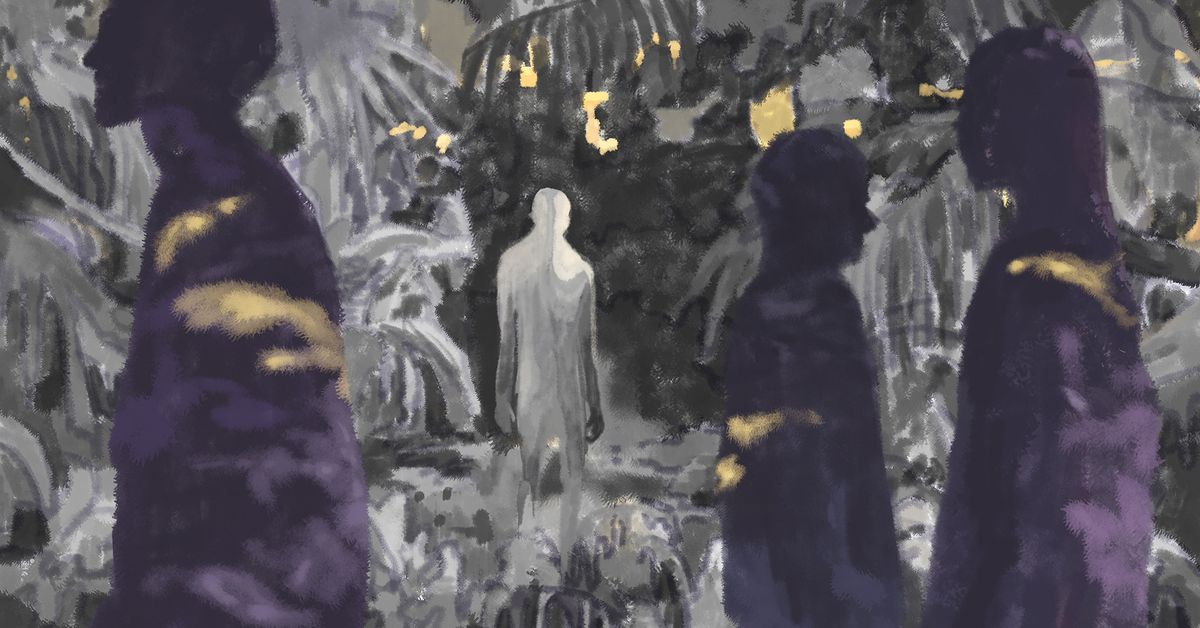Looking at these statistics, I thought back to something that addiction specialist Sarah Wakeman told me when I was reporting on the opioid crisis five years ago. “Most people get better,” Wakeman, who is the senior medical director for substance use disorder at Mass General Brigham, said then. “That’s what we don’t ever talk about in the opioids conversation.”
When she says “most people,” she means most people who get long-term medication-assisted treatment (MAT), widely considered the gold standard in addiction care. It combines regular counseling and behavioral therapy with the medication methadone or buprenorphine (often prescribed under the brand name Suboxone). Both contain synthetic opioid compounds, which prevent withdrawal and cravings, and they can lower overdoses by as much as 76 percent. (A third medication, less often used, is naltrexone, which blocks the high from opioids.)
The philosophy of MAT — a departure from the moralizing, abstinence-based rehab and 12-step programs that dominated addiction care for most of the 20th century — began to take shape in the early 2000s, when the Food and Drug Administration approved buprenorphine and a federal law authorized primary care physicians to prescribe it.



I agree with a couple of the points you made but in general, I don’t agree. No one recovers when they’re dead and in the middle of a toxic unregulated drug crisis that is killing people, the first line of defence is to get people to use safe substances. Abstinence may be fine for you but you have no right to preach it to other people. The most important thing is to keep people alive.
What part of knowing people who take drugs recreationally and having had chats on the subject - and seen that people can infact take drugs without issue made you think I’m preaching about Abstinence? I am just really curious.
No, the most important thing is to give people a reason to be alive and get up every day looking forward to it - or at least, having a reason to struggle through the bad days because there is something on the other side of that struggle.
Without Community, and a place to exist, and a sense of purpose - what you get is a recipe for all kinds of problems. Addiction is simply one of them. Suicide is another - though that one is unlikely to occur purposefully, but functionally when a person is taking drugs in an attempt to mute emotional pain (usually something like alcohol, but all sorts of drugs work as well) what you have is a person that is literally doing things to silence the outcry of their mind so they stop hurting, so they stop feeling alone.
Study after Study have been done that very much show addiction happens in people who are isolated. Addiction happens when people are hopeless.
We can treat the symptoms of this problem all we want - but until the actual underlying cause is dealt with: People will keep dying of drug overdoses, Crime rates will keep climbing, and the level of homelessness will keep growing. Because like it or not - these problems all stem from the same damn place.